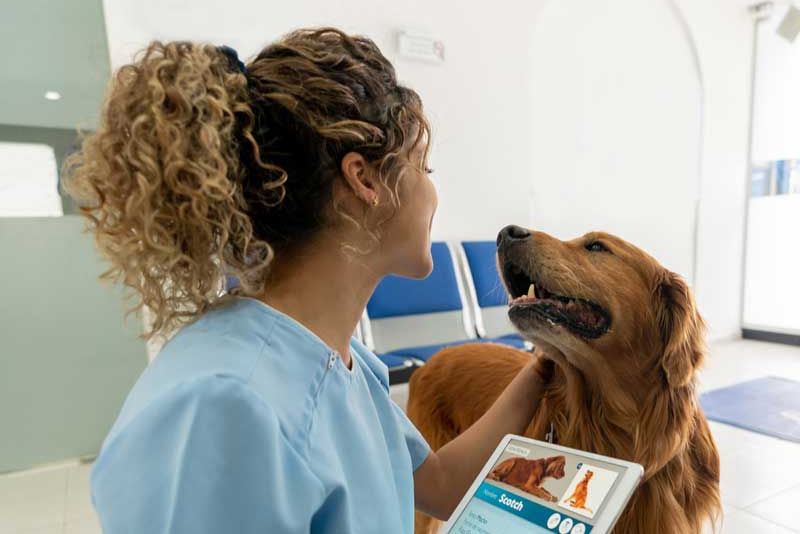Veterinary

Veterinary
Veterinary medicine is the branch of medicine that deals with the prevention, control, diagnosis, and treatment of disease, disorder, and injury in animals. Along with this, it deals with animal rearing, husbandry, breeding, research on nutrition, and product development. The scope of veterinary medicine is wide, covering all animal species, both domesticated and wild, with a wide range of conditions that can affect different species.
Veterinary medicine is widely practiced, both with and without professional supervision. Professional care is most often led by a veterinary physician (also known as a veterinarian, veterinary surgeon, or "vet"), but also by paraveterinary workers, such as veterinary nurses or technicians. This can be augmented by other paraprofessionals with specific specialties, such as animal physiotherapy or dentistry, and species-relevant roles such as farriers.
Veterinary science helps human health through the monitoring and control of zoonotic disease (infectious disease transmitted from nonhuman animals to humans), food safety, and through human applications via medical research. They also help to maintain food supply through livestock health monitoring and treatment, and mental health by keeping pets healthy and long-living. Veterinary scientists often collaborate with epidemiologists and other health or natural scientists, depending on type of work. Ethically, veterinarians are usually obliged to look after animal welfare. Veterinarians diagnose, treat, and help keep animals safe and healthy.
Institutions available for studying Veterinary course:-
M.B Veterinary College
Rajasthan
Study
At Your Dream Location
